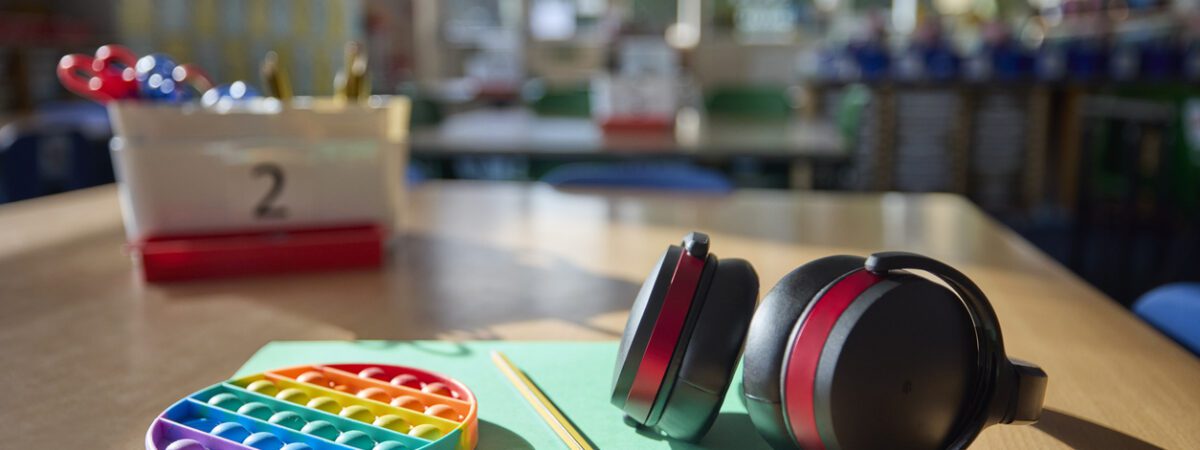Every child deserves the chance to learn in a way that suits them best. But for some children, this journey isn’t always straightforward. In the UK, thousands of families are navigating the world of Special Educational Needs (SEN), trying to make sense of the support available, the steps to take, and how to help their child thrive both in and out of the classroom.
This article aims to shed light on what SEN actually means, how it is identified, and what parents can do to ensure their child gets the right support.
What Do We Mean by SEN?
Special Educational Needs (SEN) refers to a child who has a learning difficulty or disability that makes it harder for them to learn than most children of the same age. This can affect a child’s ability to:
- Read and write
- Understand information
- Concentrate and focus
- Interact socially or emotionally
- Manage sensory or physical challenges
The needs can be temporary or long-term, and they vary from mild to more complex.
Some children may need a little extra help with phonics or maths, while others may require significant support throughout their school life. Common SEN conditions include dyslexia, autism spectrum condition, ADHD, speech and language difficulties, sensory processing disorder, and physical disabilities.
How Is SEN Identified?
In many cases, a teacher may be the first person to notice if a child is struggling with particular aspects of learning. Parents may also notice things at home, like problems with memory, speech, attention, or behaviour, that suggest their child needs extra support.
Once concerns are raised, a school will usually begin a process known as “assess, plan, do, review.” This involves observing the child, putting support strategies in place, and monitoring progress. If the support needed goes beyond what a school can reasonably provide, a parent or the school can request an Education, Health and Care (EHC) needs assessment.
What Is an EHCP?
An Education, Health and Care Plan (EHCP) is a legal document that sets out the child’s needs and the support they must receive. It’s tailored to each child and includes input from education, health, and social care professionals. Not every child with SEN will need an EHCP—many are supported well within school using what’s known as SEN Support.
Whether your child has an EHCP or is receiving SEN Support, the aim is the same: to give them the tools and teaching they need to achieve their potential.
Working Together: Parents, Teachers, and Tutors
Support for a child with SEN works best when everyone involved is communicating openly and regularly. Teachers play a huge role in identifying challenges and adapting the classroom environment. Parents provide insight into their child’s needs, triggers, and progress outside of school.
Tutors, especially one-to-one SEN tutors, can be a key part of the support team. A good tutor will understand how your child learns best and tailor lessons accordingly. For example, a child with dyslexia may benefit from multisensory reading strategies, while a child with autism might respond well to a visual timetable and consistent structure.
The Role of Tutors in Supporting SEN
At Tutor Doctor, we match students with tutors who have experience and understanding of various special educational needs. It’s all about helping children to build confidence, master skills, and enjoy learning again.
One-to-one personalised tutoring sessions allow tutors to take the time to get to know each student. There’s space to pause, to repeat, and to find creative ways of learning. It also offers consistency and a safe space, which many children with SEN find reassuring.
A Positive Path Forward
Finding out that your child has SEN can feel overwhelming at first. But it’s important to remember that you’re not alone, and that many children with additional needs go on to lead happy, successful lives, at school and beyond. With the right support, understanding, and tools in place, your child can flourish.
Helping Your Child Reach Their Potential
At Tutor Doctor, we believe every child deserves to feel seen, supported, and inspired to learn. Our tutors create tailored learning plans designed to suit individual needs and learning styles. Whether your child has a diagnosed SEN or you’re simply seeking extra support, we’re here to help.
Find your nearest Tutor Doctor location today and take the first step towards personalised learning that makes a difference.




